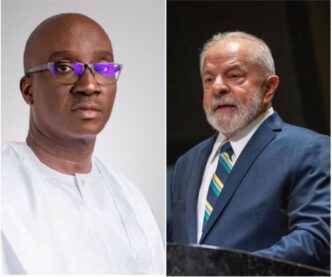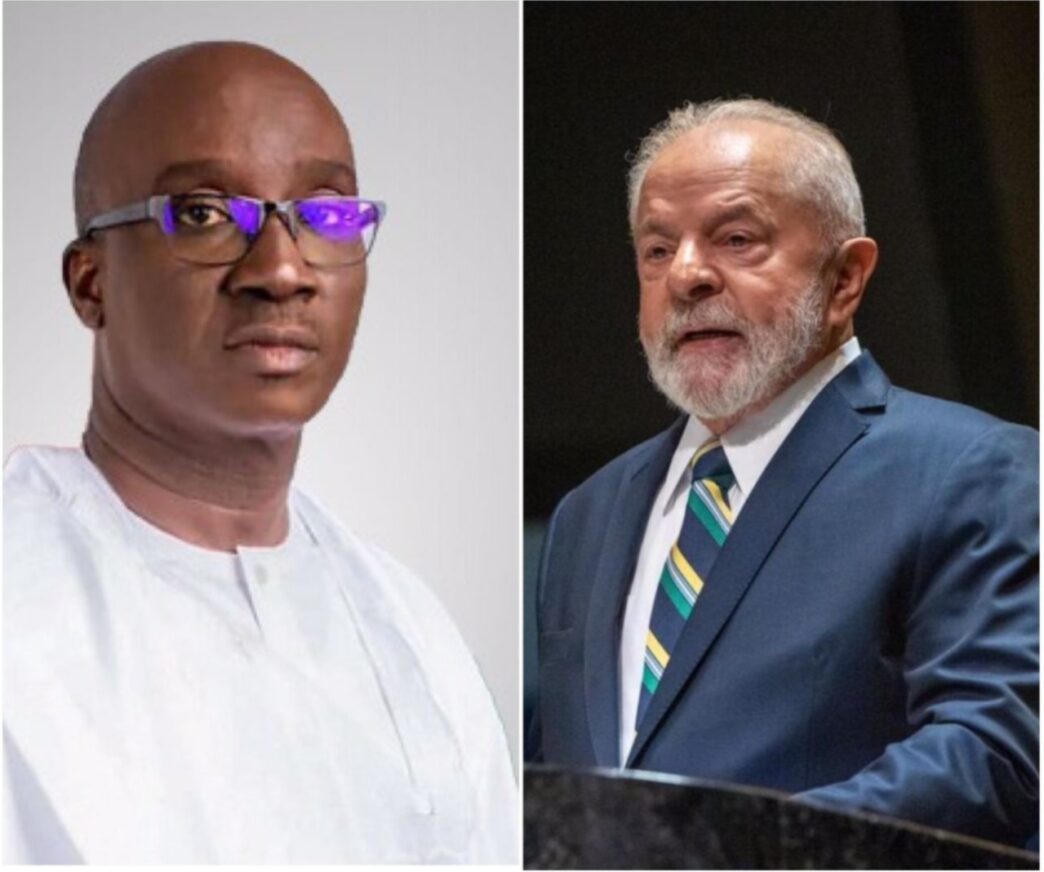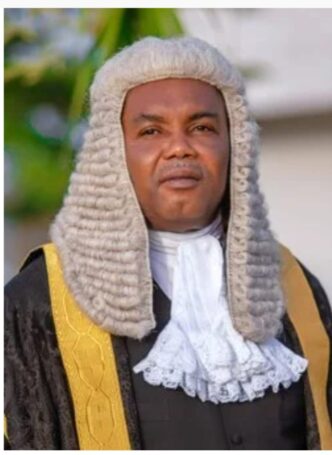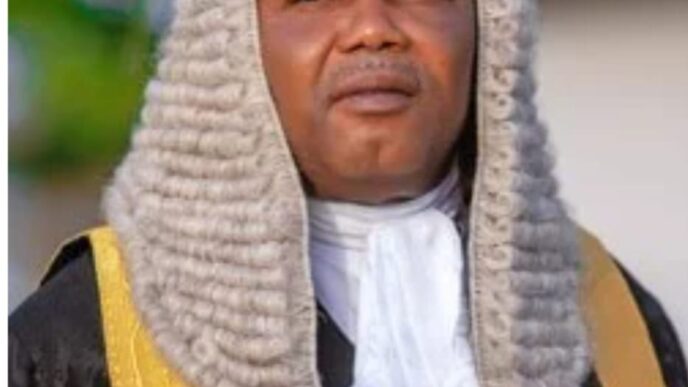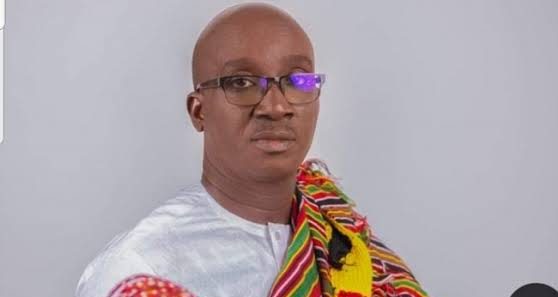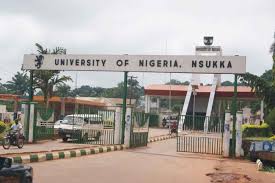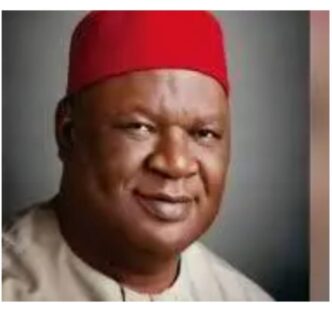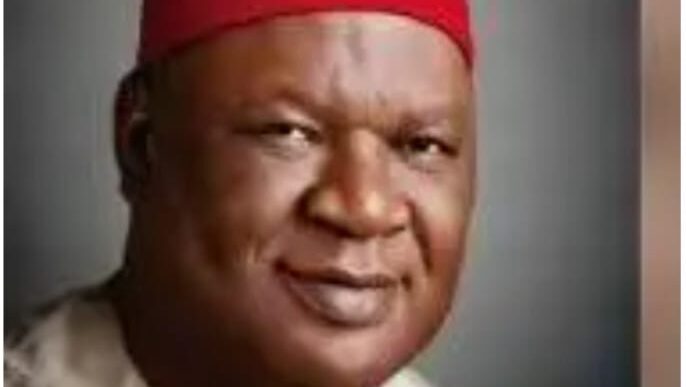In the days leading up to the election, the opposition scoffed at the idea of a panel beater leading Edo State. They whispered in the markets and chuckled in the beer parlours—how could a man who once hammered dents out of metal now shape the destiny of millions? But Monday Okpebholo, steady as the evening sun, did not waver.
“I will panel beat Edo into a better place,” he said, his words simple but loaded, like the proverbs of old. And the people—farmers, market women and men, students, and civil servants, even the panel beaters at Uwelu, Ewu and Auchi—nodded in agreement. For what was governance, if not the art of fixing what is broken?
History is rich with such men—ordinary men who rose to shape the world. Luiz Inácio Lula da Silva, also known as Lula, a metalworker from Brazil, was mocked for his rough tongue and lack of university education. But when he became president, he did not need flowery speeches; he needed only action. And act he did—lifting millions out of poverty, transforming Brazil from a land known only for football into an economic powerhouse.
Moses, too, was slow of speech, but that did not stop him from leading his people out of slavery in Egypt, through the Red Sea, into the promised land. Greatness, after all, does not always come wrapped in golden words—it is often found in the hands of those who know how to build, how to mend, how to reshape the world around them.
And so, Monday Okpebholo the panel beater went to work panel beating every rough edge in Edo State since he came on board.
First came the Ikpoba Hill Flyover, an ambitious project aimed at solving a chronic nagging problem that had defied all governors before him. For thirty-three years, traffic congestion at Ikpoba had choked the city, frustrating commuters and traders alike. The orators of yesterday had spoken fine words, but none had laid the first stone. Okpebholo did.
Then came the Temboga-Ugbowo-Lagos Road, a brand-new initiative to expand Benin Metropolis, reduce travel time to Lagos, and provide faster access to UBTH for patients. This was no mere road—it was a vision. A road is not just a strip of asphalt; it is a bridge between the present and the future. Okpebholo did.
Unlike those before him, who favoured one region over another, Okpebholo spread his touch across all three districts of Edo State. Okpebholo did.
In Edo South, there is a fresh approach to urban renewal, clearing years of stagnation, without destroying citizens’ businesses for vendetta or destroying a legacy hospital over a century old and replacing it with a private controversial museum when there are lands all over the place to build such museums if he’s truly interested in a museum.
In Edo Central there’s investment in roads, people and industries to stimulate growth where none had looked before. Edo Central was the political Bermuda in Edo’s development agenda but Okpebholo has come to end that narrative that it is no longer a thing of shame to speak Esan in Edo State. Okpebholo did.
In Edo North, there is expansion of the solid mineral trade, ensuring that its wealth benefits the people. Roads and infrastructure are planted everywhere to create alternative cities for Edo citizens to flourish across Edo State.
Where others before him had seen obstacles, Okpebholo saw opportunities. Where others had hesitated, he had acted. Okpebholo did.
It would have been easy for Okpebholo to erase the past—to undo everything his predecessor had done, as is often the way of politics. But he understood that governance is not about personal grudges but public good.
And so, he kept the policies that worked—prompt payment of workers, the 13th-month salary, and a revenue collection system that ensured transparency. But he did not hesitate to discard the excesses—land-grabbing, nepotism, disrespect for Edo peoples and Edo tradition, and the appointment of outsiders over hardworking citizens. He was not here to fight old battles. He was here to build.
There are good governors—those who develop their home regions and leave the rest to fate. And then there are great governors—those who see the entire state as their home. Monday Okpebholo has chosen the latter path.
He is not a man of many words. He does not dazzle with elaborate speeches, nor does he charm with poetic rhetoric. But when a bridge is built, when a road is paved, when salaries are paid on time, when Edo people are appointed over outsiders in Edo State, and when businesses begin to flourish for both Edos and non-Edos in Edo State, the people will understand.
History will not ask how fine his words were. It will ask what he built. And the answer will be written not in speeches or slides in laptops and projectors but in concrete and steel, in the prosperity of Edo’s future.
Dr (Mrs) Odegua Isaberu is a linguistic anthropologist and she writes from Benin City, Nigeria
Gatekeepers News is not liable for opinions expressed in this article, they’re strictly the writer’s

